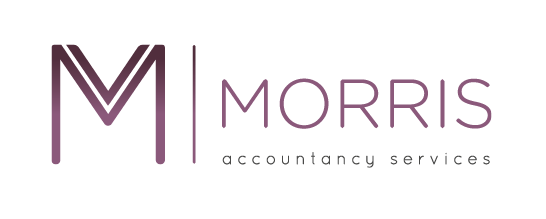
28 Sep Trivial Benefits
What is a trivial benefit? Who can receive them and do they need to be reported?
What is a trivial benefit?
A trivial benefit is a tax-free employee benefit which could be described as a small gift or perk.
There are pretty strict tax rules from HMRC about trivial benefits. A gift is classed as a trivial benefit if the following conditions are met:
- It cost you £50 or less to provide.
- It isn’t cash or a cash voucher.
- It isn’t a reward for work or performance.
- It isn’t in the terms of their contract.
Some examples of things that could be classed as tax free trivial benefits would be:
- Drinks on a works night out.
- Taking employees out for a meal to celebrate an occasion.
- Flowers, Chocolates or Alcohol to celebrate an occasion.
- A Christmas present.
- A pizza in the office.
- A summer party for employees.
- Other items such as store gift cards, chocolates, wine, hampers.
If you can’t accurately work out the individual cost, then you can calculate an average cost per employee.
You can’t claim for trivial benefits as an annual allowance. You must produce receipts for the cost of each trivial benefit in order to can claim income tax or corporation tax relief.
Trivial benefits are in addition to the annual event or staff entertaining allowance, which is currently set at £150 per head and includes the cost of food, drink, accommodation, and transport.
Do they need to be reported?
If the conditions are met then you don’t need to inform HMRC, as the benefit won’t count as taxable income or Class 1 National Insurance contributions. Trivial benefits do not have to be reported on the annual P11D forms.
If the benefit cost is over £50, then the whole amount is taxable not just the excess over £50 and they therefore need to be reported to HMRC on the annual P11D forms.
Can company directors receive trivial benefits?
Directors of a close company (a close company is a limited company run by five or fewer shareholders) can receive trivial benefits.
Ordinary employees can receive trivial benefits of £50 or less once a month provided the conditions are met. For directors of closed companies, the limit is six monthly benefits in a tax year and HMRC has set an annual cap of £300 for trivial benefits for directors.
As a director, you can provide trivial benefits to a family or household member and claim for these as part of your director’s allowance for the tax year.
Can you claim VAT on trivial benefits?
- It is a VAT inclusive expense; and.
- You have a VAT receipt (a receipt or invoice that shows the supplier’s VAT number).
Benefits not classes as a trivial benefit.
Some examples of the type of benefits not allowed as a trivial benefit are:
- Providing a working lunch for employees (as this will be deemed to be related to their employment).
- Any gift or incentive related to performance targets or results.
- Any gift or incentive related to employment services.
- Taxis when employees work late.
- Cash or vouchers that can be exchanged for cash.
- Benefits provided as part of a salary sacrifice arrangement, even if they meet the criteria of a trivial benefit.
With the cost of living on the rise why not provide your employees (or yourself as a director) with a voucher for a supermarket to ease the pressure on those bills, or a voucher to spend with another small business?

